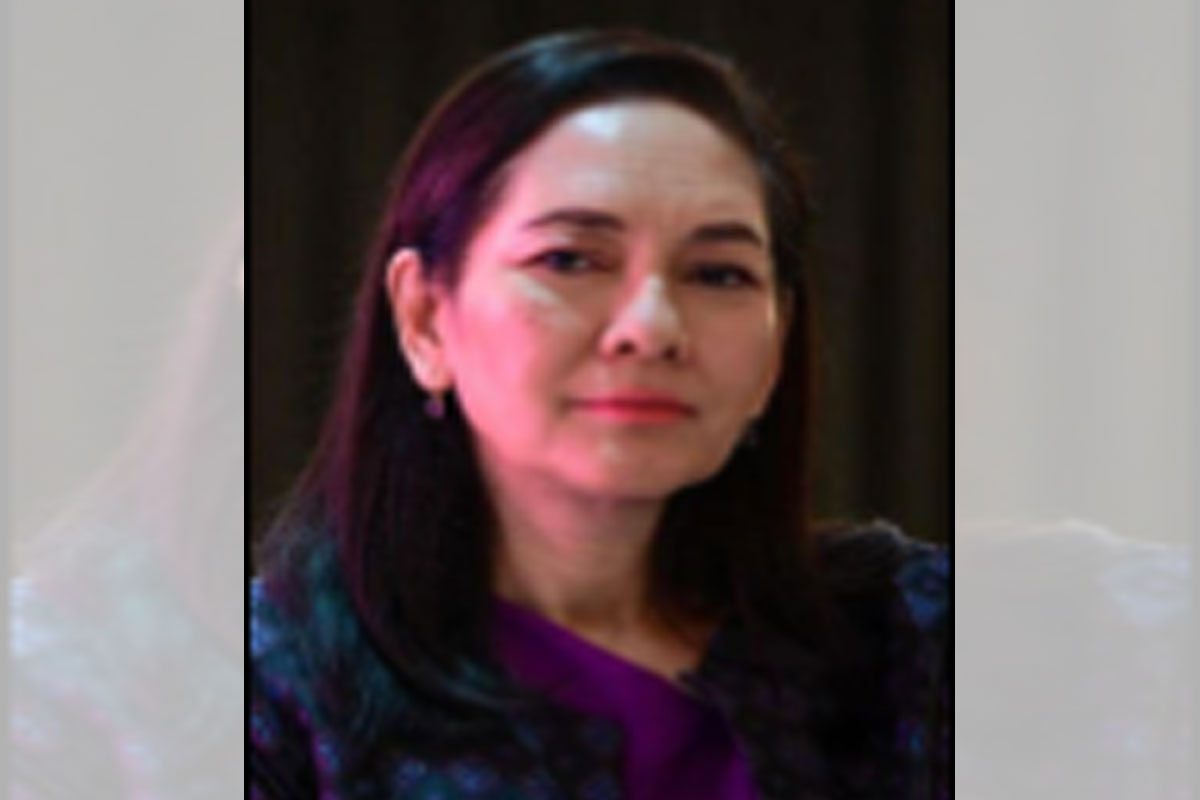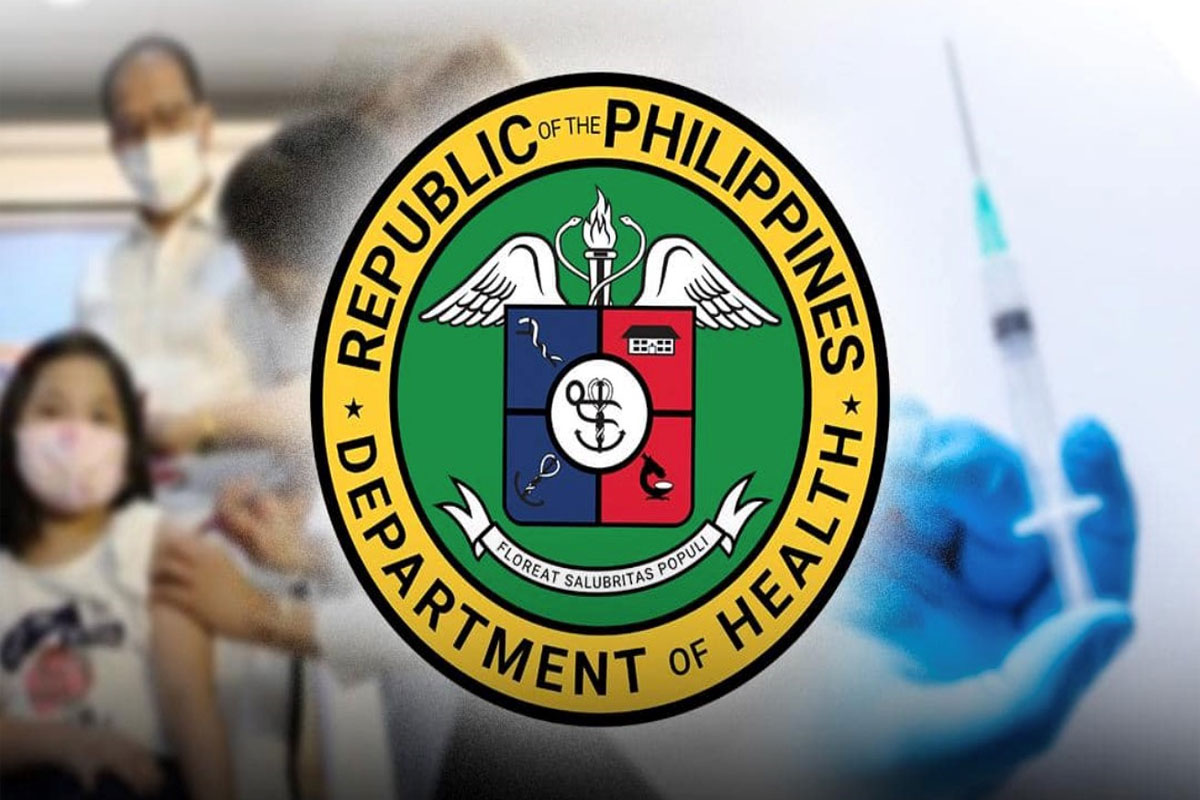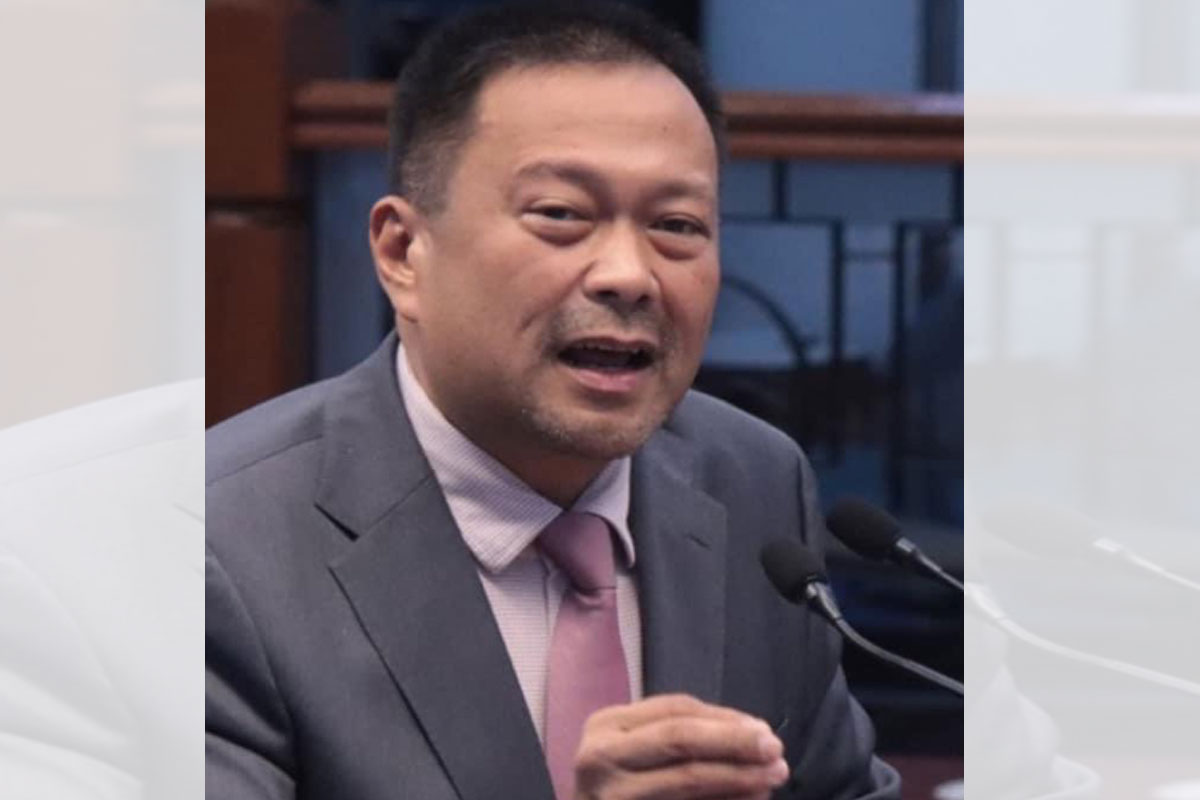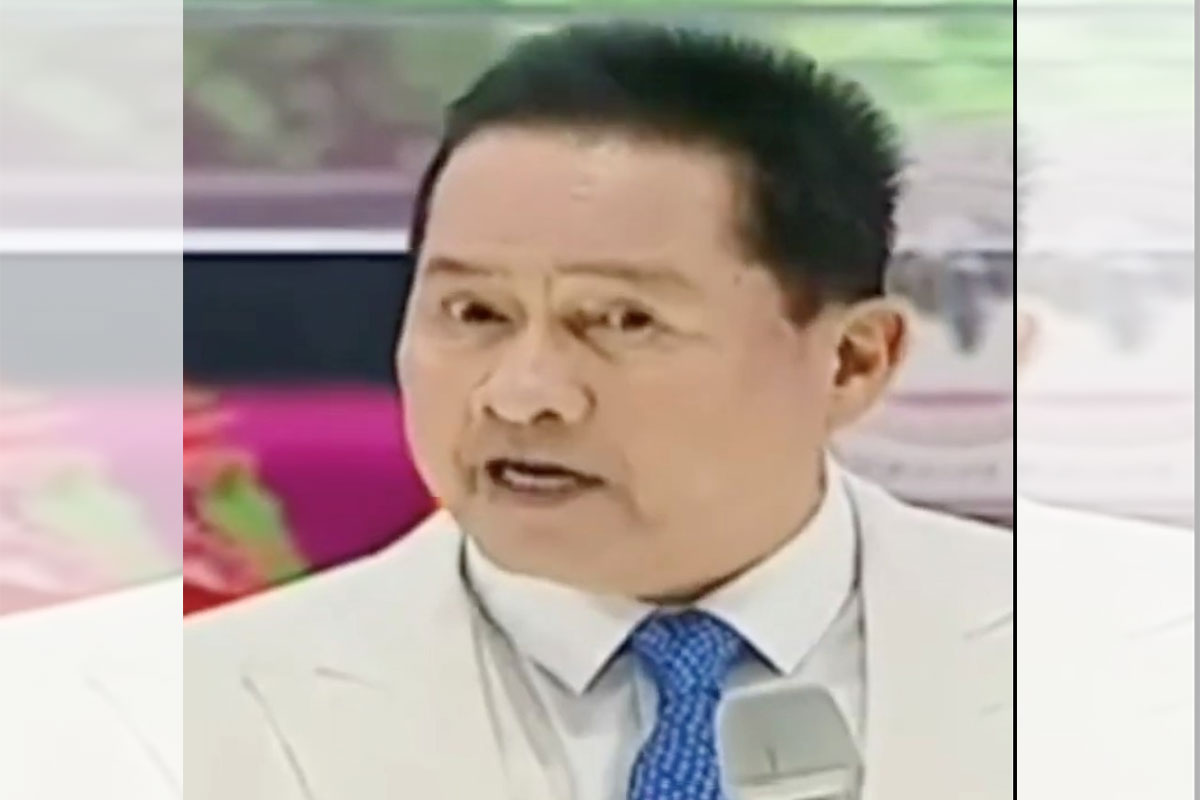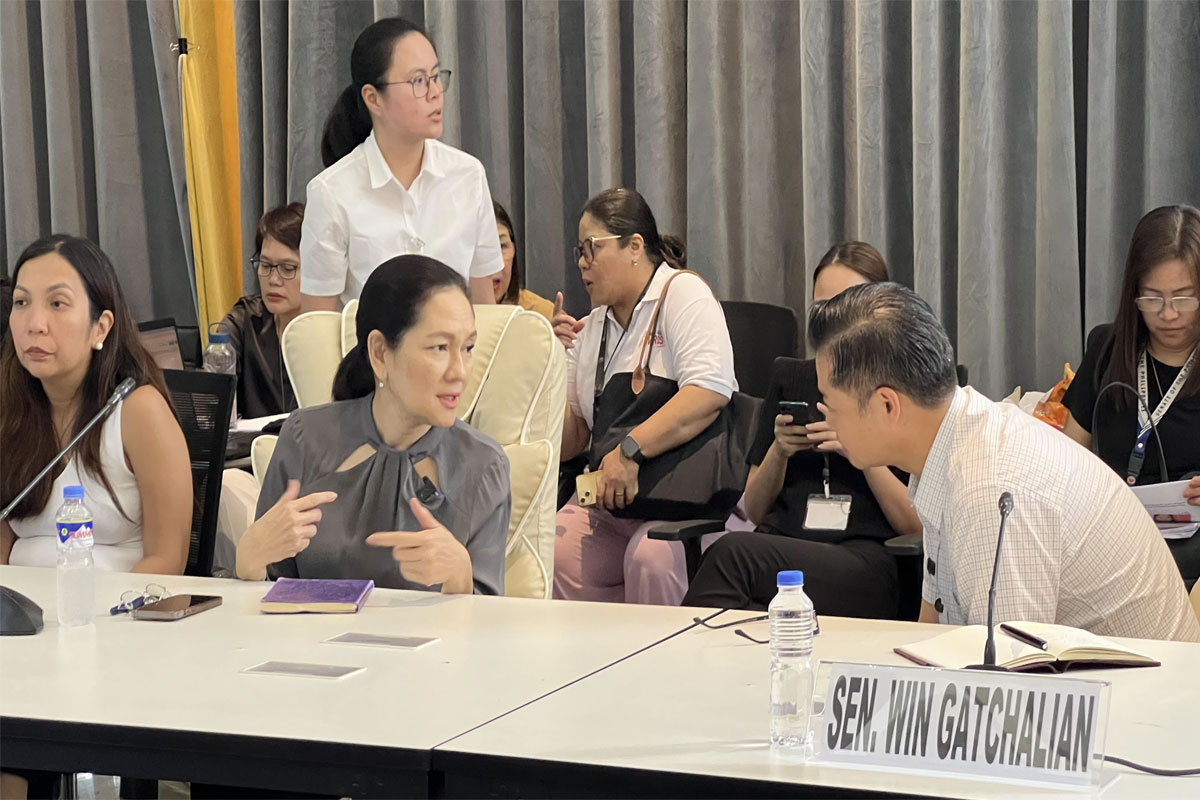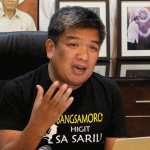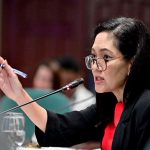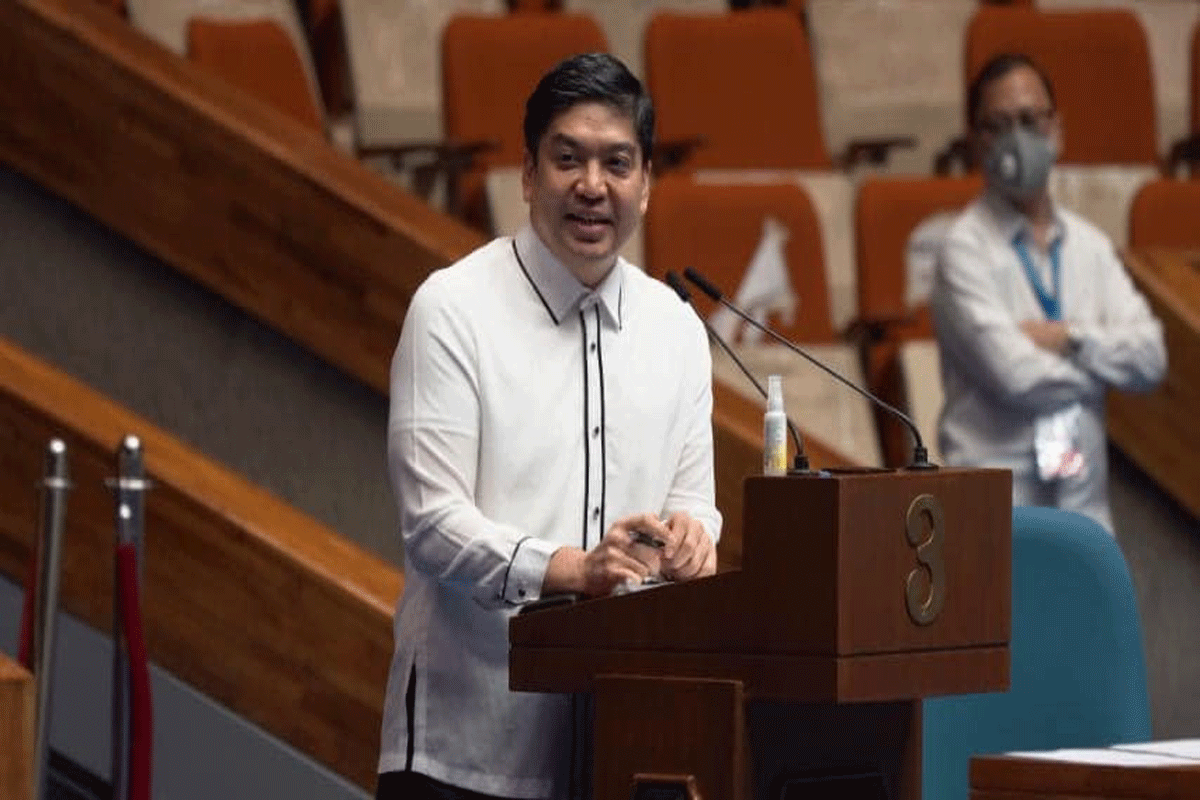
PH digitalization switch pushed
CAMARINES Sur Rep. LRay Villafuerte has called on Congress to pass a trio of measures designed to accelerate the Philippines’ digitalization switch amid the coronavirus disease-19 (COVID-19) pandemic, in support of President Rodrigo “Rody” Duterte’s goal of transforming the country into a key player in the global digital economy.
These digitalization initiatives are Villafuerte’s three legislative proposals on institutionalizing the Bangko sa Baryo, e-governance and digital education.
An advocate of the country’s digital switch even prior to last year’s outbreak of the coronavirus pandemic, Villafuerte said House Bill (HB) No. 6924 or the Bangko sa Baryo proposal aims to provide last-mile financial connectivity in unbanked communities nationwide through the use of digital tools; while HB 1248 or the e-governance measure seeks to develop, promote and interlink electronic government services and processes in all government agencies and state-run corporations.
Villafuerte’s proposed “Outside Class Learning and Digital Education Act,” meanwhile, as outlined under HB 7189, recognizes the need to develop the Philippines’ basic education curriculum in order to fully integrate learning beyond the confines of the classroom, such as distance learning and other alternative modes of education.
Moreover, Villafuerte said the swift congressional passage of the proposed Bangko sa Baryo Act will help President Duterte achieve his goal of financial inclusion for all Filipinos on his watch, and open new livelihood opportunities in faraway communities either unserved or underserved by the formal banking system.
“This trio of digitalization measures will work in tandem in helping achieve President Duterte’s goal of rebuilding our pandemic-hit economy by making the Philippines a key player in the global digital marketplace,” said Villafuerte, who has long been pushing the country’s digital transformation to ensure that Filipinos stay globally competitive amid the increasing dominance of e-commerce and online official transactions.
Villafuerte was referring to a speech by President Duterte at the recent virtual Nikkei Future of Asia Conference, where the Chief Executive said that the “Philippines wants to be an active participant in the global digital economy” and will “invite more investments to expand e-commerce and facilitate new modes of interaction and exchange in a safe and secure cyberspace.”
The Camarines Sur lawmaker acknowledged, though, that his proposed digitalization measures would only be successful if most Filipinos are familiar with digital tools, as he quoted reports citing a recent World Bank study showing that 60% of Philippine households lack Internet access.
HB 6924 was already approved by the House of Representatives in August last year, but remains pending in the Senate.
The e-governance bill, consolidated under HB 6927, was also approved by the House last year but is also pending in the Senate, while HB 7189 has remained in the House committee on basic education and culture.
Through e-governance, Villafuerte wants to establish a contactless, electronic-based system of services in all government offices and state-run corporations to do away with paper-based official transactions and physical queueing in government offices in the midst of the highly contagious and lethal pathogen.
His digital education bill, on the other hand, aims to make education accessible to all by ensuring flexibility in the use of learning strategies and available tools.
Villafuerte’s proposal also acknowledges the use of available esources other than the Internet, such as television, radio and cable TV, by mandating periodic resources mapping, and the drafting of a digital technology roadmap as a key preparation for the transformation and adjustment of education for the future. He said the Philippines needs to speed up its digital shift, especially with the predominance of online transactions and electronic payments, as well as the use of the Internet to access information.
Digitalization, Villafuerte said, will also enhance the implementation of the Ease of Doing Business (EODB) law, of which he is one of the authors in the House of Representatives.
Citing data from the Bangko Sentral ng Pilipinas (BSP), Villafuerte said the volume of PESONet transactions rose by 376% year-on-year to 15.3 million last year, with its value amounting to P951.6 billion, or equivalent to about 5.3% of the country’s annual output.
“Many consumers today get their information online, shop online and pay their dues, including taxes online. The traditional way of doing things as we know it is fast becoming obsolete. The pandemic has forced a rapid shift to digitalization. We cannot be left behind as the rest of the world continues to innovate and are able to access the countless opportunities available in the digital economy,” Villafuerte said.







